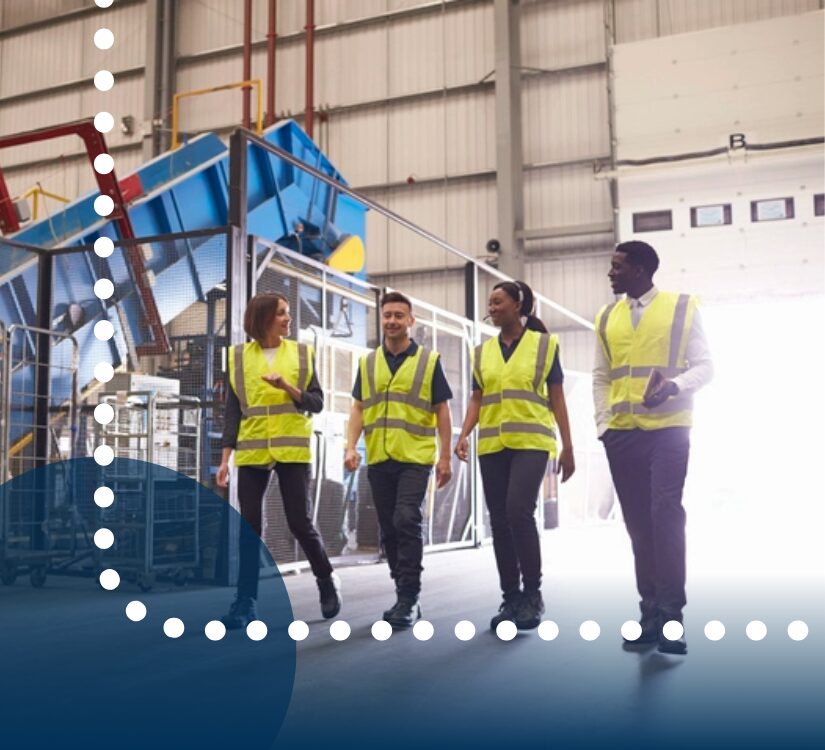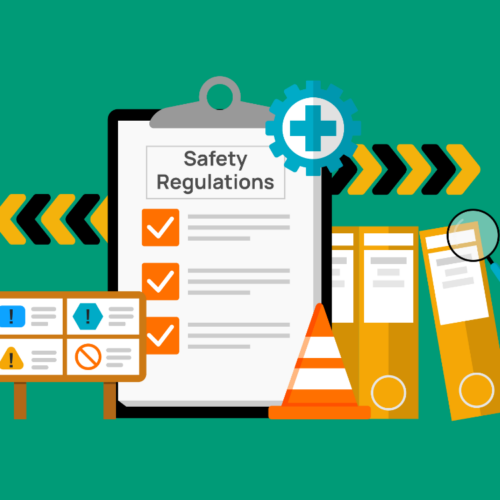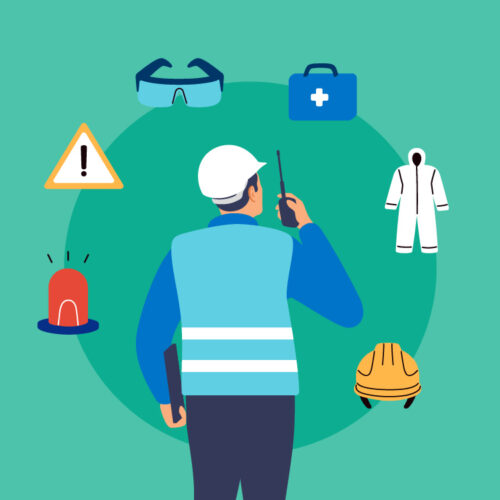
Safety should be a priority in every operation, but that is not always the case. Some operations want to cut corners or push limits, thinking it will increase their efficiency or churn out more product. But this could not be farther from the truth.
A safe workplace is a happier, more productive workplace. And the true cost of skimping on your safety program is high. Here are just a few of the potential consequences.
Higher worker’s comp
The most obvious cost of not having an effective safety program is higher rates of injury and therefore, higher worker’s compensation claims. If you decide to cut back on safety in order to save money, you may end up paying more for it in the future.
Lower morale
If employees don’t feel safe, morale can take a nosedive. Put yourself in their shoes. Would you want to keep doing your best job for an employer who doesn’t take your safety seriously? Most likely not.
Safety programs and ongoing training help employees feel good about where they work and stay engaged with an operation’s overall goals.
Decreased output, increased turnover
Along with low morale, your output can tank and your turnover can skyrocket. This is because safety incidents and issues can eat into production times. The low morale that comes with it only weakens your ability to turn out great products.
And at the end of the day, employees who don’t feel safe will leave. Unhappy employees who also don’t feel like their employers are concerned about their safety have very little motivation to stay. This can quickly increase your turnover and impact your bottom line.
It’s in everyone’s best interest (especially yours) to make safety a priority and provide a quality safety program for your employees to follow.
Not sure how can you motivate your employees to get on board? Check out our quick guide on how to motivate employees to participate in safety programs here.



